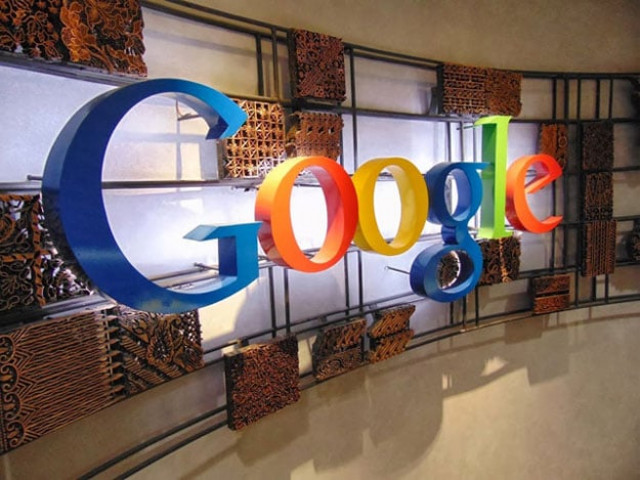Google’s ‘Marshmallow’ comes with Urdu language support
Content in local language will play important role in enhancing literacy

PHOTO: FILE
Earlier in September, the Silicon Valley-based technology giant unveiled two of its new ‘Nexus’ smartphones - the Nexus 5X and Nexus 6P along with Android 6.0, according to a post on ‘The Mobile Indian’.
The new version comes with major improvements and new features compared to Android Lollipop 5.0, its predecessor, the website said. Among other additions, the latest version brings support for Gujarati and Urdu languages, it said.
This is the first version that would allow Android smartphone users to operate their phones in Urdu.
“With Android supporting Urdu, the internet is going to the bottom of the pyramid to the people who read and write and understand only in Urdu,” said Badar Khushnood, Google’s former country representative in Pakistan (for eight years).
He said it was an important breakthrough from socio-economic point of view as a vast majority of the country’s population was more comfortable with Urdu.
Benefit
With rising Internet penetration and free-access-to-Internet projects, the latest operating system will connect more people who will be able to create content in Urdu. This would, as a result, spur growth of local content and the demand for Urdu literature and other content readily available in local languages.
Still in the 10% range, the country’s Internet penetration is on the rise. Since the rollout of third-generation (3G) mobile technology, which started in mid-2014, Pakistan has been adding more than one million new users to its mobile Internet base every month - the number of broadband users in the country skyrocketed to 23 million at the end of October, 2015, up from less than 4 million before 3G auction.
“When it comes to content, language does make a difference,” says A R Rafiq, who runs a software development company and is actively involved with Pakistan Software Houses Association (P@SHA) for IT and IT-enabled services.
The entrepreneur from Silicon Valley says this new feature would help streamline the process of development as more apps could be developed in Urdu - one of the top five most-spoken languages. “It will support developers and content creators who prefer Urdu,” he says.
Just to recall, Urdu content is already available in the country but it is largely in image format making it difficult to search.
“The Urdu content is usually not searchable because of its image format,” says Khushnood. With Android’s support for Urdu, the content will be available in Unicode Transformation Format, the international standard for character encodings.
There will be mainly two advantages, according to Khushnood. Users will have a good Urdu font, which was not there before because it was not web friendly. Secondly, the content will become more searchable just like the English content, which can be searched with ease. It will be available in actual embedded form with copy and paste options that would make it editable.
He said the next step would be the Speech Recognition Stage. For example, Youtube translates speech into text in many languages but the option is not available in Urdu, he said.
Published in The Express Tribune, December 9th, 2015.
Like Business on Facebook, follow @TribuneBiz on Twitter to stay informed and join in the conversation.



















COMMENTS
Comments are moderated and generally will be posted if they are on-topic and not abusive.
For more information, please see our Comments FAQ